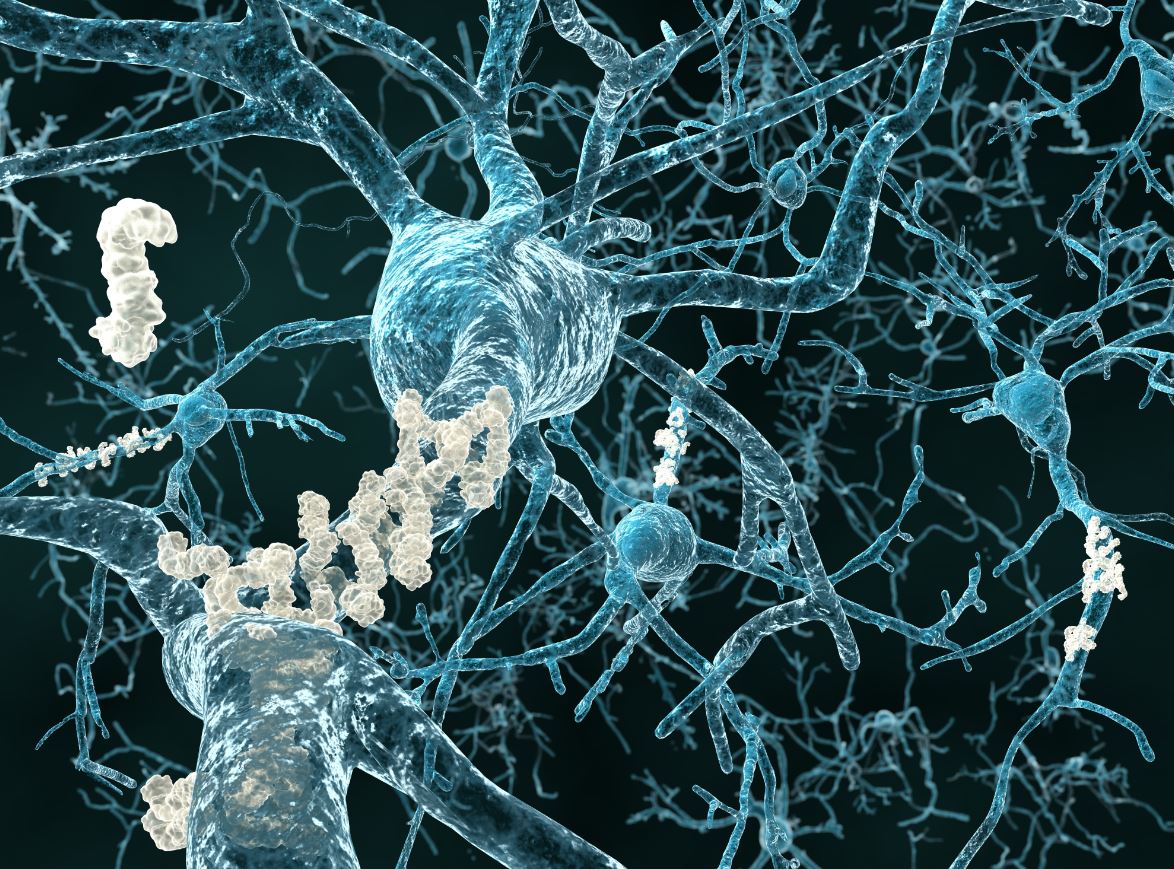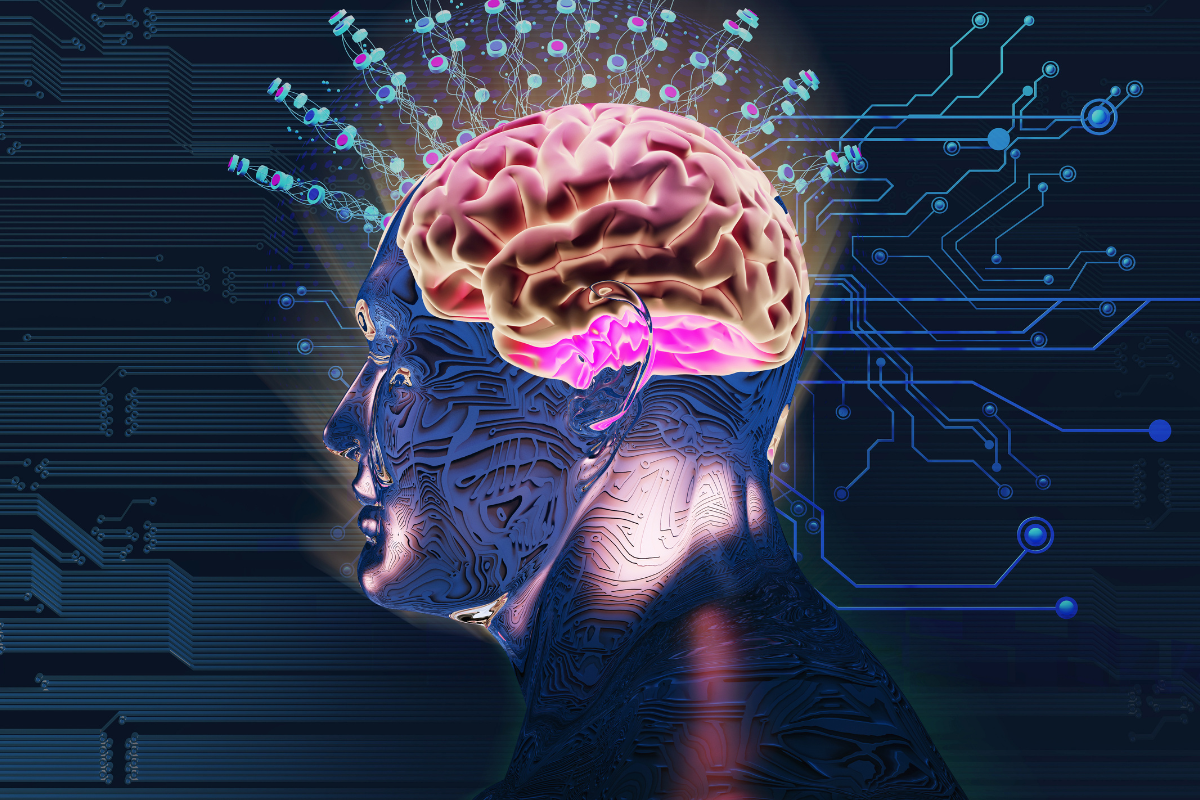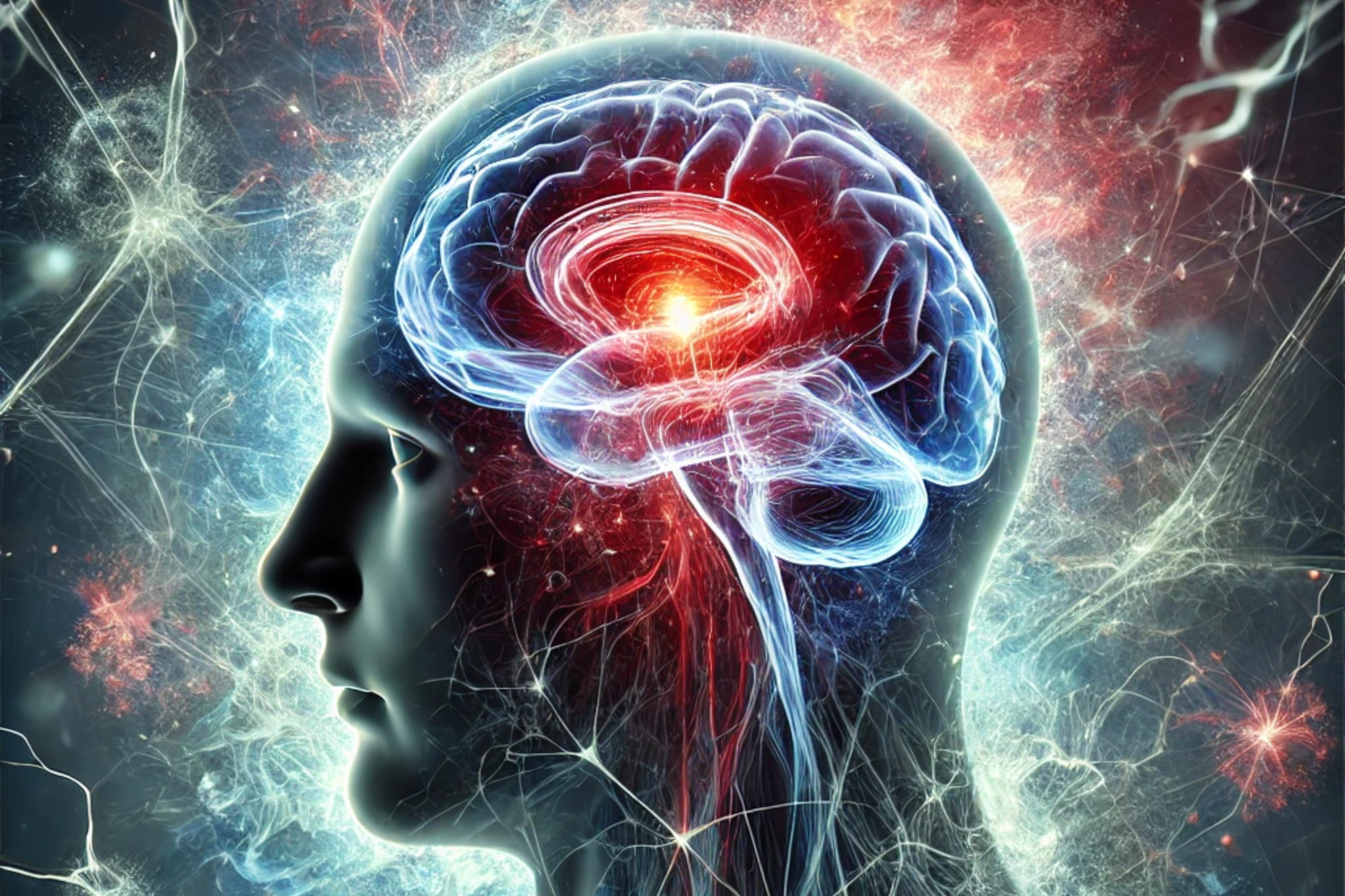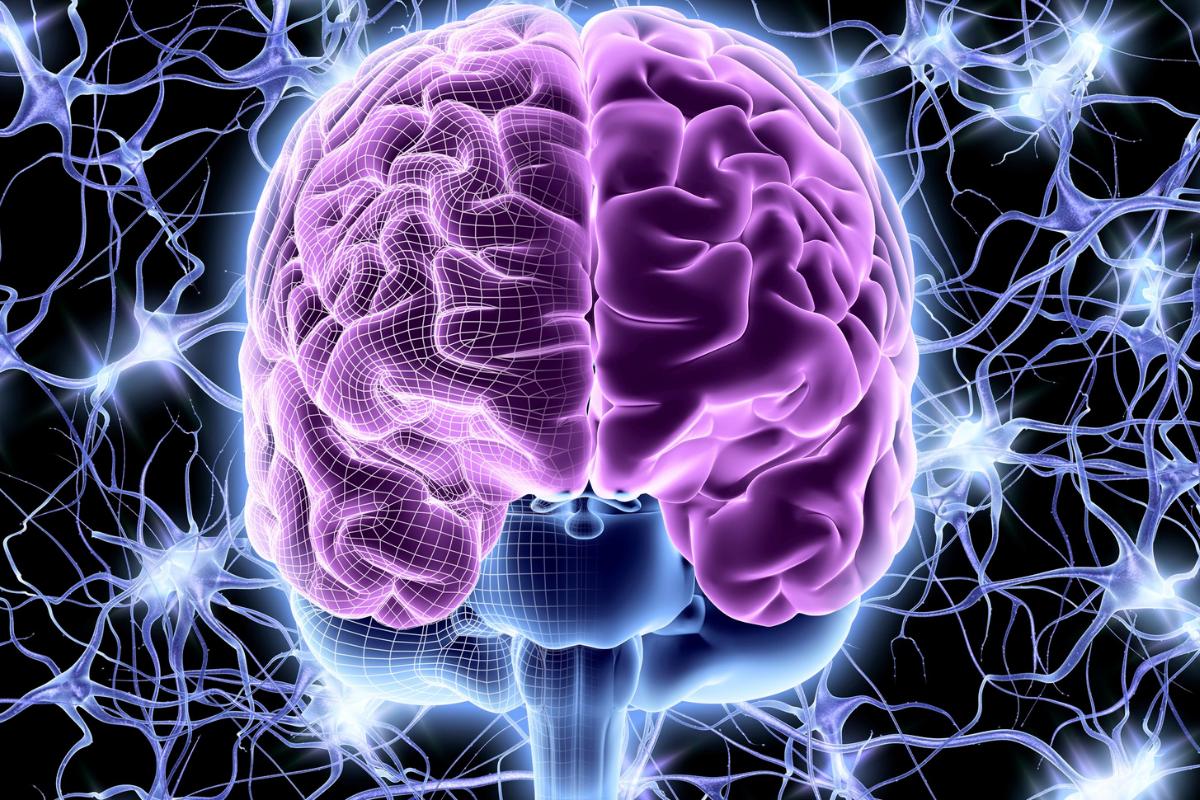By Dr. Petrus Raulino
A study published in the journal Cell Stem Cell has shown that the same gene that increases the risk of Alzheimer's disease, ApoE4, may be correlated with increased susceptibility to and severity of Alzheimer's disease. COVID-19.
The ApoE4 gene has a frequency of approximately 40% in the Alzheimer's dementia patient population. Not all Alzheimer's patients carry this gene. The causes of Alzheimer's are complex and multifactorial.
In any case, the study provides relevant insights.
Initially, the group of researchers was interested in the effects of SARS-CoV-2 on the brain, due to the hypothesis that the virus can reach the brain via the olfactory nerve, which connects the nasal cavity with the base of the brain. The novel coronavirus is known to frequently affect smell and taste.
However, by creating brain cells (astrocytes and neurons) in the laboratory from induced pluripotent stem cells (iPSCs), the researchers observed that the cells created were more susceptible to infection.
Pluripotent stem cells are a type of cell that can become virtually any cell. In the case of this study, neurons and astrocytes.
The team then used the pluripotent stem cells to create cerebral organoids, which are 3D tissue models that mimic certain characteristics of the human brain.
They created a model containing astrocytes and another without them. The researchers infected both types of cerebral organoids with the virus and observed that those with astrocytes had an increased rate of SARS-CoV-2 infection.
The team went on to study the effects of the ApoE4 gene on susceptibility to SARS-CoV-2. They did this by generating neurons and astrocytes derived from pluripotent stem cells prepared with the ApoE4 gene compared to those without this polymorphism.
The study provided clear evidence that neurons and astrocytes with the ApoE4 gene showed greater susceptibility to SARS-CoV-2 infection compared to those without this polymorphism.
As for the astrocytes with the ApoE4 gene, these were the ones that showed the most exacerbated cellular response, with indicators of cell death that may explain the greater severity of COVID-19. Astrocytes are the most numerous glial cells in the brain and are essential for proper brain function.
Conclusion
The study shows a correlation, but it is not possible to detect causality of the ApoE4 gene in the severity or susceptibility of COVID-19.
More studies are needed to better understand the role of ApoE4 in the short- and long-term neuropsychiatric manifestations of COVID-19. We're watching.
References
Wang, C., Zhang, M., Garcia Jr, G., Tian, E., Cui, Q., Chen, X., ... & Shi, Y. (2021). ApoE-isoform-dependent SARS-CoV-2 neurotropism and cellular response. Cell stem cell, 28(2), 331-342.
Liu, C. C., Kanekiyo, T., Xu, H., & Bu, G. (2013). Apolipoprotein E and Alzheimer disease: risk, mechanisms and therapy. Nature Reviews Neurology, 9(2), 106-118.







